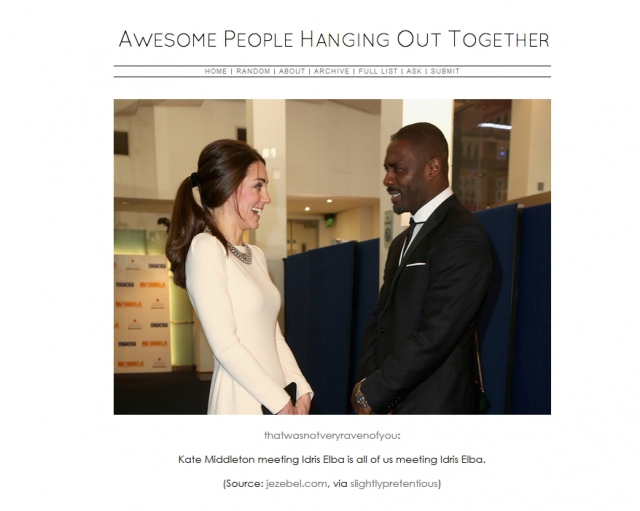Ivan Petkov
In the USA everything is bigger, the areas, buildings, vehicles ... and blogs. Don’t you believe this? In the latest rankings of the most popular blogs in recent years, we have seen the names of The Huffington Post, Techcrunch, Mashable, TMZ, Gawker, Engadget, BusinessInsider and many others. Very large and established global websites could envy these blogs because of the visits to them, the teams behind them, the technical means available to them... and because of their popularity. For example, the latest ranking of eBizMBA shows that the top three most popular US blogs have the following visits per month:
The Huffington Post - 85 million visitors
TMZ - 25 million visitors
Gawker - 22 million visitors
In a recent article about the US media I told you in brief about The Huffington Post and you can remember the investments and the team which are hiding behind this blog.
In order to avoid confusion as regards the term "blog" (originating from the English "web log"), I will focus on it for a while. Until 2009, blogs were considered websites on which one or a few people maximum could express opinions by arranging the articles in a chronological order. The newest posts were placed on top. This is the definition of blog for the general readers, especially in southeastern Europe. To us, bloggers are people who publish their own "web diary", mainly at their own expense and for their own pleasure. Blogs have gained popularity because they offer a different viewpoint by frequently expressing views that the mainstream media cannot express, for political or economic reasons.
Within just a few years, the blog format has significantly evolved in the world and mainly in the US, leading to the appearance of the so-called "multi-author blogs" or MABs, which are supported by large teams of professionals and which is the case of the blogs listed at the beginning of the article. As opposed to these true giants in the blogosphere, there has appeared microblogging, its most popular representative being Twitter. There were even predictions that, under pressure from Facebook and Twitter, blogs would disappear but they have not, at least not so far. Blogging, as a way of self-expression, is developing and becoming even more popular.
In addition, video blogging has appeared on YouTube and other video sharing websites, through which a large number of authors offer their own "broadcasts" and have channels on various topics. A particular type of blog is the corporate blog, which shows the companies in a slightly different light. The diversity of blog forms is constantly changing, which is a sign of the vitality of this kind of website.
Standard non-standard blogs

The Billfold is a blog about money and about how people spend it. You will not find comprehensive stock tips and reports from stock exchanges. The website is liberal in defining its mission and its approach to seemingly trivial topics is unusual and original. Like many of the best blogs, The Billfold is both serious and naively charming in a way that makes you become addicted to it.

On Awesome People Hanging Out Together, awesome people look even more amazing when they are together, for example Louis Armstrong and Niels Bohr, Carl Sandburg and Marilyn Monroe, or Neil Armstrong, Neil Gaiman, Neil Stephenson. This Tumblr blog offers you photographic evidence of unexpected or anticipated meetings between famous people, regardless of whether the meetings have taken place recently or happened decades ago. The charm of a photo is that it does not need many words and explanations because it speaks for itself.

The Beat is a blog about comic culture that has existed for years. The blog covers everything from the comics by DC and Marvel to short, funny or biting episodes of topics of the day. Both the quantity and quality of the posts on this blog make it a must-read for everyone interested in art or business associated with telling graphic stories.

Daniel W. Drezner is a teacher of international relations at Tufts University's Fletcher School of Law and Diplomacy and blogs for Foreign Policy magazine. You do not have to be an expert in the field to realize that the blog is worth reading. Its author is good at explaining complex topics in a clear, concise and engaging way. He also refers to other people’s opinions, whether he agrees with them or not. His position of dispassionate observer allows him to comment on bad prime time TV shows too.